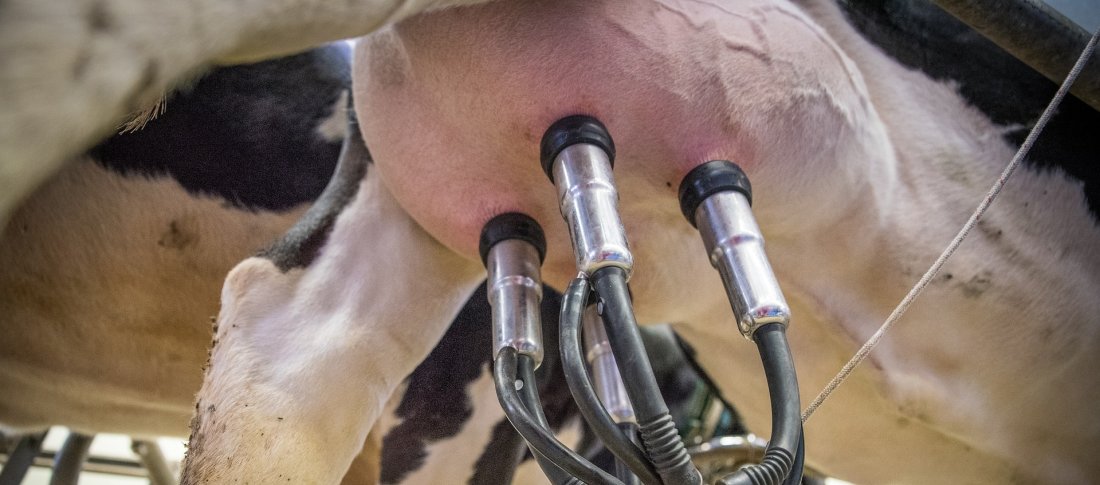Successful early lactation is key to improving your overall yield and efficiency while also maintaining the health and wellbeing of your cows. Although this transition period can be challenging for your herd, with the right support and nutrition, they can achieve peak lactation and remain in great health.
Here are our top tips for success.
1. Make sure the preceding dry period is successful
Achieving correct body condition during the dry period is the key to ensuring your cows have adequate energy reserves available for early lactation. Try to keep dry matter intake as high as possible without supplying excessive energy, which may lead to over-fat cows at calving.
2. Keep your cows as stress free as possible
Stress can have a negative effect on a cow’s metabolism and can increase inflammation, reducing the liver’s capacity to produce glucose and diverting resources away from milk production.
One option is to target socially stable groups during the dry period to reduce competition and fighting between cows.
- Use a stocking rate at 80 to 85% of capacity
- Provide social stability ( new cows to a pen, keep regular herd mates together)
- Provide a minimum 30 to 36 inches of bunk space per cow
- Reduce social stress (especially for first-calf heifers)
- Keep cows at an even temperature – e.g. using fans
3. Ensure rumen health and prevent ruminal acidosis
The key requirement for cows in the early lactation period is energy, with key nutrients including sources of glucose and fat. Fibre sources will help maintain rumen-function, stimulating the ‘scratch factor’ for salivary buffer release, which will help reduce acidosis risk.
Balance is critical: too much starch increases the risk of acidosis so intakes of starchy feeds need to be gradual. Consistent feed intake and avoiding empty feed bunks will help maintain rumen fill.
- Provide free-choice buffer compounds to counteract acidity, but monitor intake
- Minimise the risk of slug feeding (grain in particular) or any sudden changes in feed sorting that might result in rumen acidosis (low rumen pH)
4. Optimise feed and water intake
Early lactation cow groups benefit from feed supplement such as Megalac rumen-protected fats, and the early lactation period is a key time for this.
The energy requirements for milk production are greater than that which can be supplied from dry matter intake alone, resulting in a period of ‘negative energy balance’ (the energy gap) and a loss of body condition as cows milk ‘off their backs’. Fat supplements improve energy density and energy intake per bite.
- Ensure provide plenty of water is readily available
- Allow access to fresh feed
- Keep feed bunks clean and fresh
You can use our new Feeding Fat ROI Calculator to calculate the realistic business impact of feeding supplements.
Check back regularly for more tips on getting the best from your dairy herd. Or visit our main blog page now for more articles and advice.
